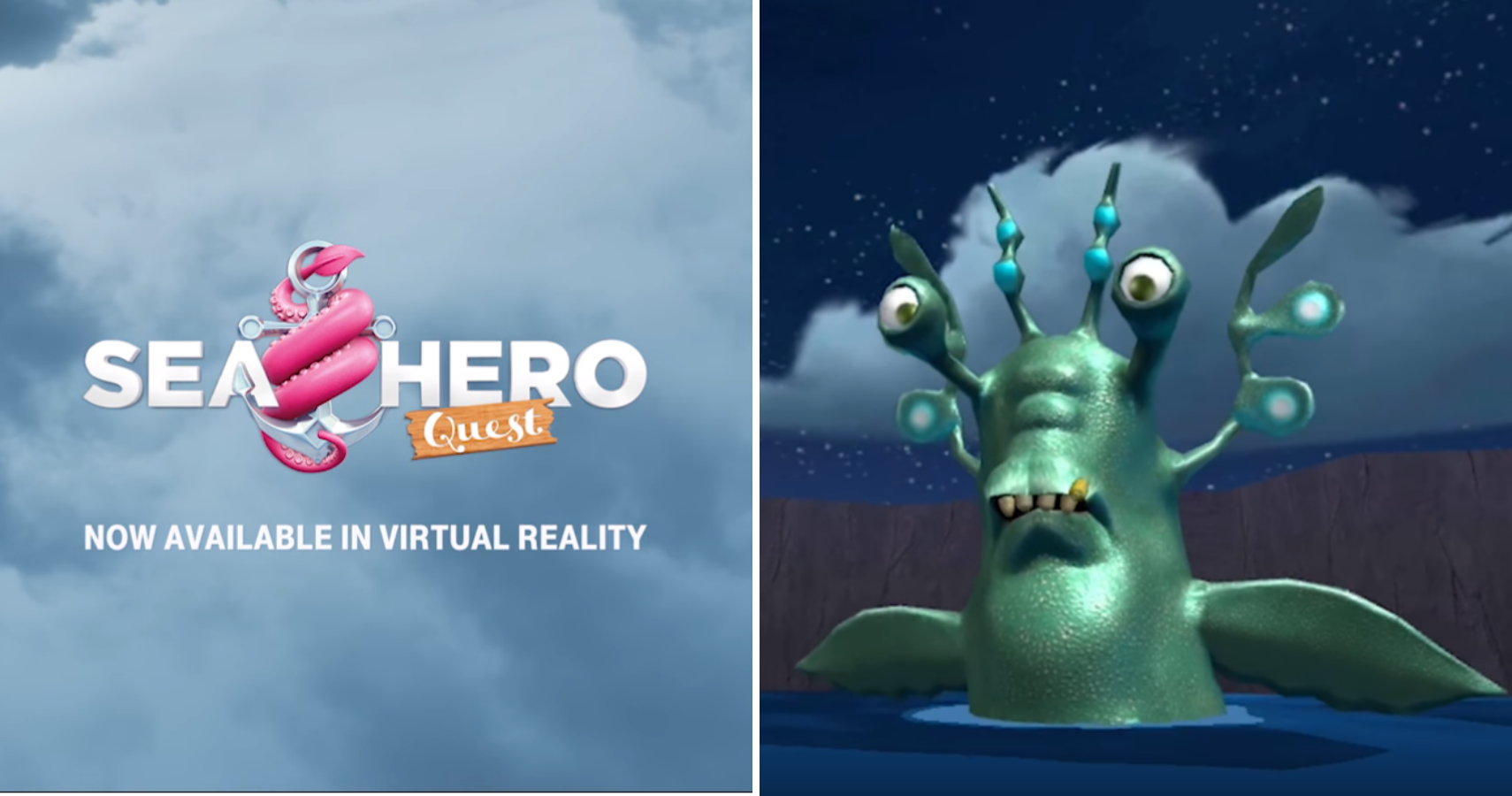Video games often get a bad rap, accused of being nothing more than a tool that keeps kids glued to their screens instead of outdoors playing. But video games can not only help to ease stress, increase hand/eye coordination, increase cognitive function and help children develop social skills but now one particular video game may be able to detect the early stages of Alzheimer's disease.
A new study is indicating that the video game Sea Hero Quest, now available as a virtual reality game, can help researchers learn more about dementia and Alzheimer's disease by analyzing the actions of those who play the game. The video game company has partnered with leaders in Alzheimer's research in the UK to provide crucial data that had previously not existed to further research in their field.
The game was specifically created to be the largest dementia study in history, the website states. Over 4.3 million people have played so far, providing scientists with much-needed research and data that previously didn't exist. The site states that playing the game for just 2 minutes provides researchers with the equivalent of 5 hours of data based research.
The game requires players to navigate their way by boat through a series of adventures and various mazes. The game points out that one of the first symptoms of Alzheimer's disease and dementia is the loss of navigational skills, so this game is providing key information to researchers. The study has found that those with a higher genetic risk for the currently untreatable disease often took less efficient routes in the game. The data provided by the game is giving researchers their first benchmark for future testing.
In the study, scientists analyzed data from just over 27,ooo players who were between the ages of 50 and 75 and compared it to the gameplay of 60 people involved in a control group made up of 31 individuals who had the gene that is associated with a predisposition to a risk of Alzheimer's and 29 who didn't have it. Those with the gene APOE4, the one that indicates an Alzheimer's risk, made the least efficient moves in the game.
Sea Hero Quest is hoping to provide researchers with more information on how navigational skills, or the loss of them, may help identify the presence of dementia and Alzheimer's earlier than standard memory tests that have been currently used by are only effective once the disease has progressed.
"Current diagnosis of dementia is strongly based on memory symptoms, which we know now are occurring when the disease is quite advanced," lead researcher Michael Hornberger said in a news release. "Instead, emerging evidence shows that subtle spatial navigation and awareness deficits can precede memory symptoms by many years."
READ NEXT: Kids Who Play Video Games May See The World Differently

